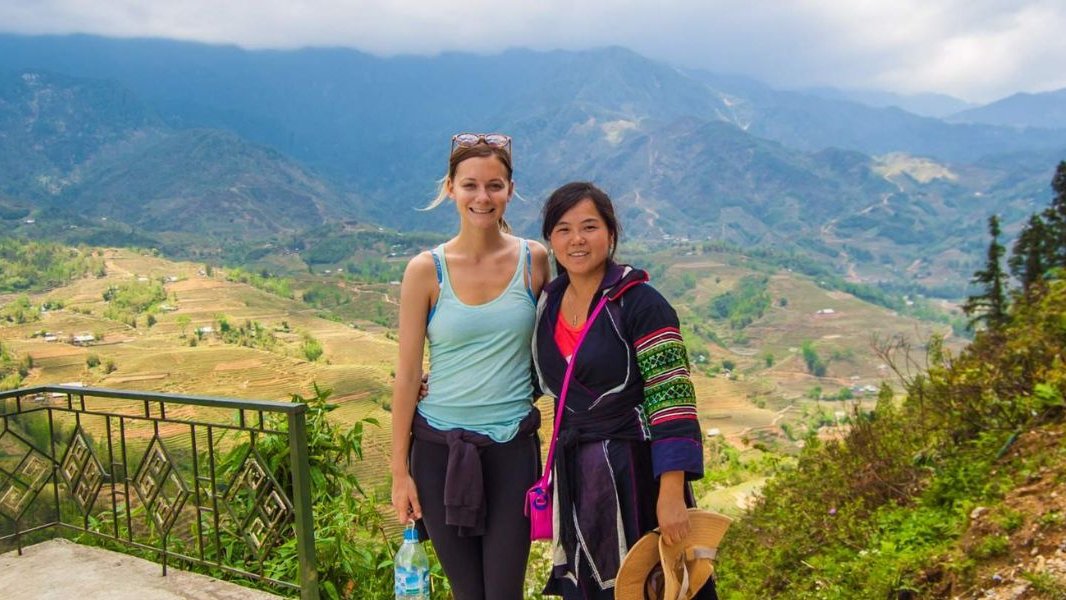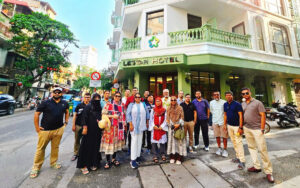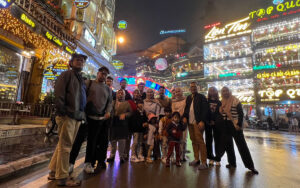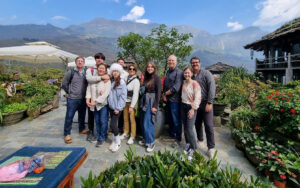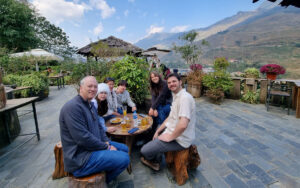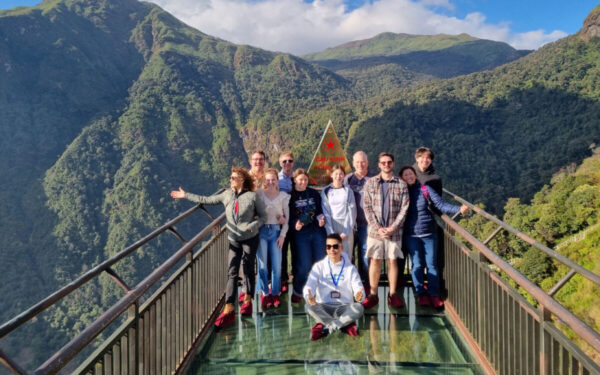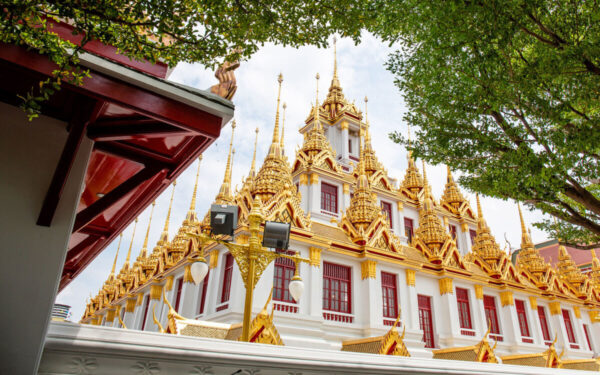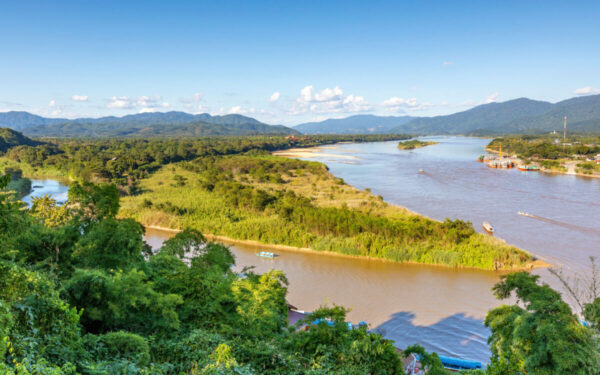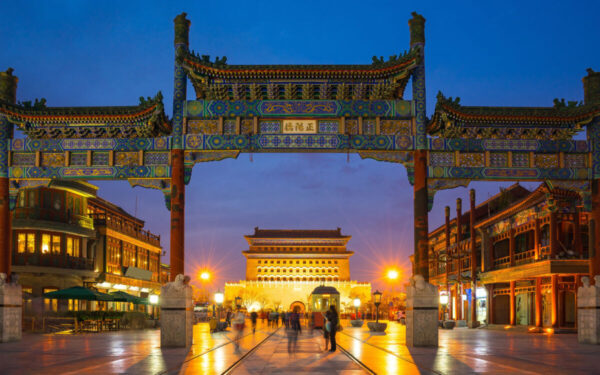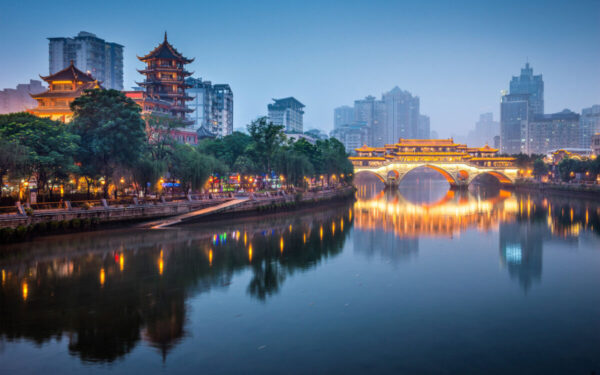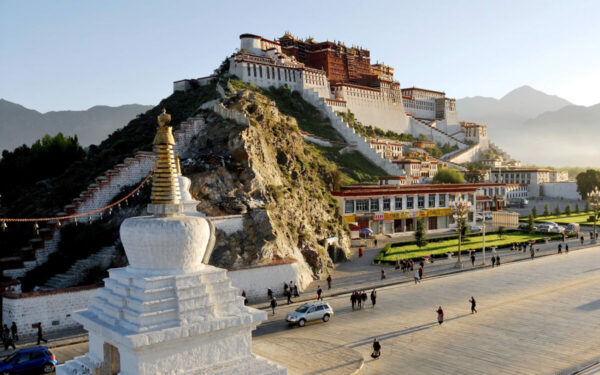Located in the northern mountains of Vietnam, Sapa is a haven for nature enthusiasts and adventure seekers. The allure of Sapa lies not only in its breathtaking landscapes but also in the opportunity for immersive trekking experiences. In this article about Sapa trekking, let Asia Legend Travel accompany you on a journey through Sapa’s rugged terrain, exploring the essence of trekking in Sapa.
Choosing the Right Trekking Route
Trekking tour Sapa offers a diverse range of trekking routes, catering to all levels of hikers. Whether you’re a seasoned trekker or a novice, choosing the right route is essential. From the iconic Fansipan, the “Roof of Indochina,” to the scenic trails that wind through ethnic minority villages, each Sapa trekking route offers a unique perspective of Sapa’s beauty.
Understanding the difficulty level, duration, and highlights of each Sapa trekking route ensures a tailored experience for every adventurer. Some of the most famous trekking routes in Sapa include:
- Tram Ton Pass – Fansipan Mountain
- Y Linh Ho Village – Lao Chai Village – Ta Van Village
- Sapa Town – Ta Phin Village
- Sapa Town – Cat Cat Village – Sin Chai Village
- Sapa Town – Silver Waterfall – Love Waterfall – Heaven’s Gate
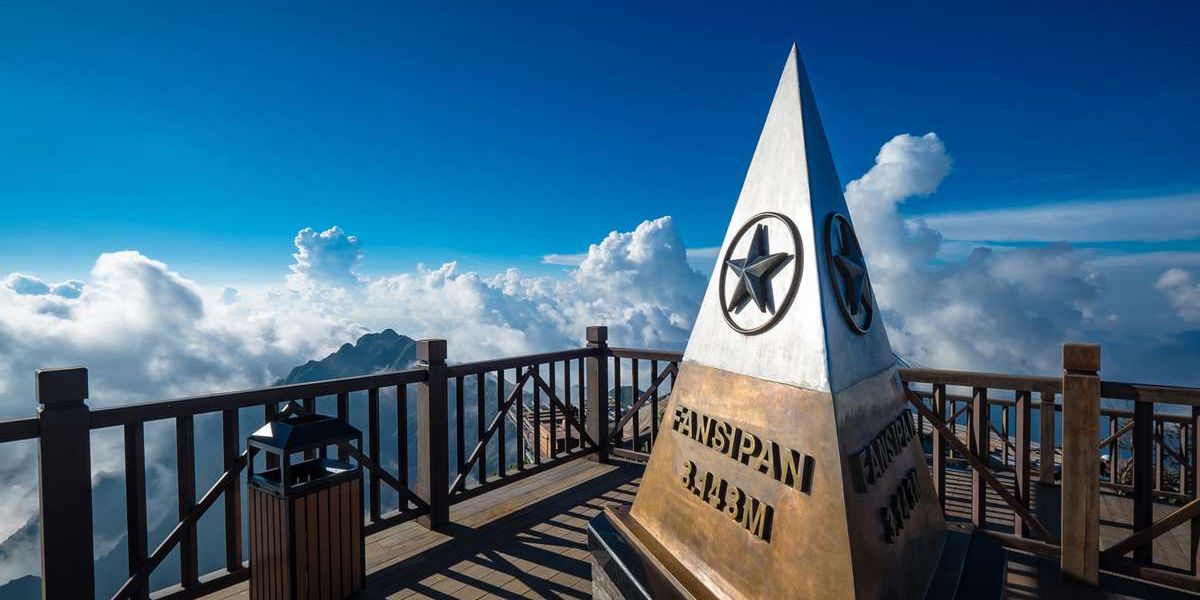
With breathtaking landscapes and cultural encounters along the way, Sapa trekking promises an unforgettable journey for all who venture into its mountains. Make sure to research and plan accordingly to make the most of your trekking experience in this enchanting destination.
Gear and Preparation for Sapa Trekking
Effective preparation is the key to a successful trek in Sapa trekking challenging terrain. Packing essentials such as sturdy hiking boots, weather-appropriate clothing, a reliable backpack, and sufficient hydration are paramount. Don’t forget to also bring along a map, compass, and emergency supplies.
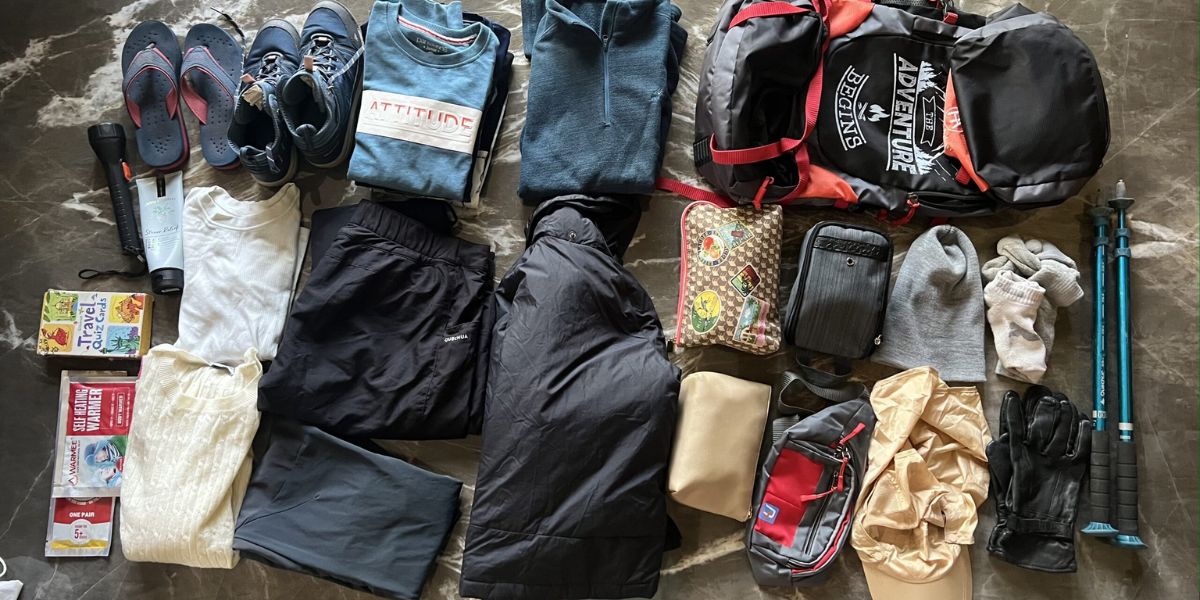
Additionally, it is important to familiarize yourself with the local customs and traditions of the ethnic minority groups in the region to ensure a respectful and meaningful interaction during your Sapa hiking tours. By taking the time to understand and appreciate the local culture, you can enhance your overall Sapa trekking experience and create positive connections with the communities you encounter along the way. Remember to also be mindful of your impact on the environment by practicing Leave No Trace principles and respecting wildlife habitats.
Scenic Beauty: Rice Terraces and Waterfalls
Vast rice terraces cascading down the hillsides are a distinctive feature of Sapa’s breathtaking landscapes. The terraces are not only a stunning sight to behold, but also represent the hard work and ingenuity of the local farmers who have been cultivating these fields for generations. Trekking through these terraced fields, especially during the rice planting or harvesting seasons, offers a visual feast.
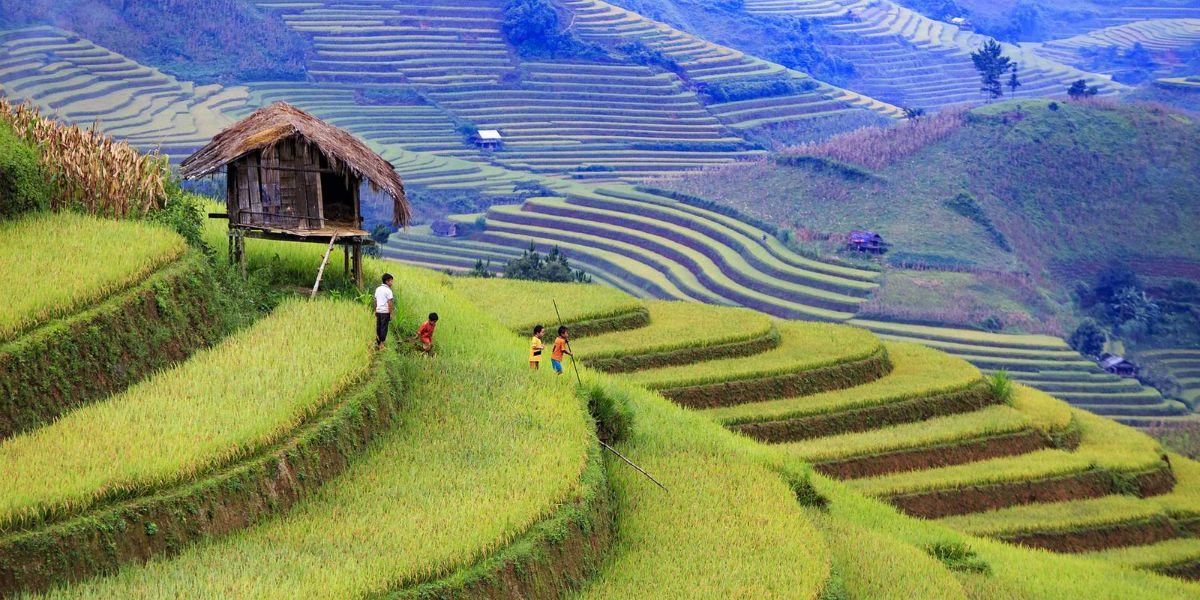
In addition to the terraces, Sapa Vietnam is also home to several stunning waterfalls that are worth exploring for a truly immersive experience in nature. Some of these include the Silver Waterfall, Love Waterfall, Ta Lam Waterfall, and Tac Tinh Waterfall, which all draw in plenty of visitors with their majesty. When you visit these waterfalls in Sapa, you’ll be treated to not just amazing views, but also the calming sounds of nature. It is truly a must-visit for all you nature lovers out there!
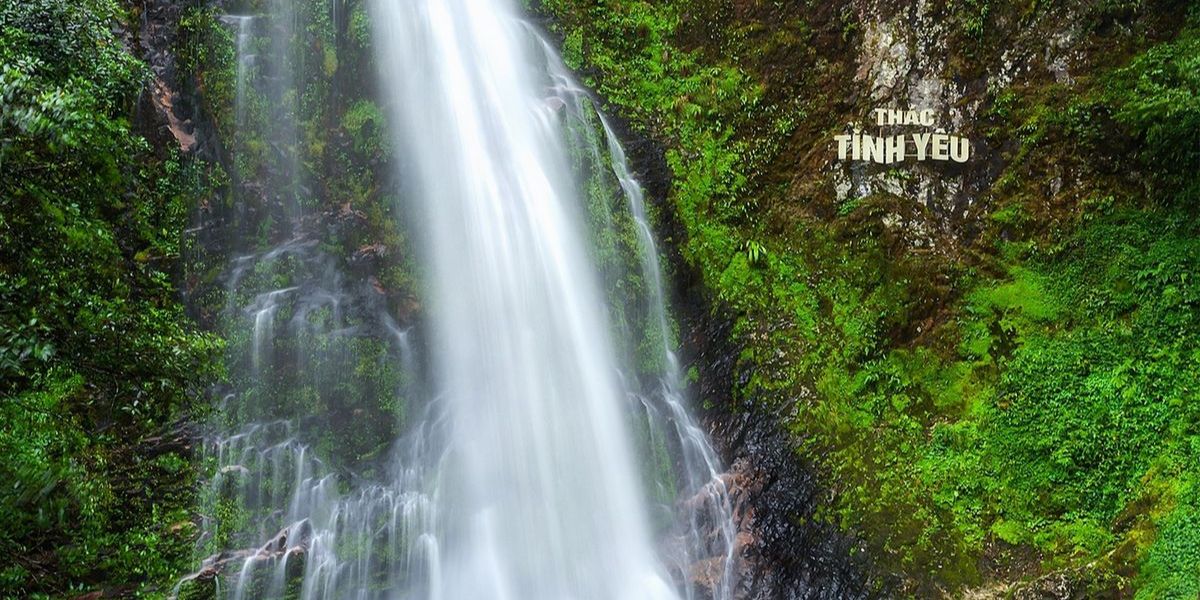
Homestay Experiences in Sapa
To truly immerse yourself in the local culture, consider opting for a Sapa homestay experience during your trek. Local ethnic minority communities welcome trekkers into their homes, providing an authentic glimpse into their daily lives. This intimate experience allows visitors to learn about traditional customs, taste local cuisine, and forge meaningful connections with the people of Sapa.
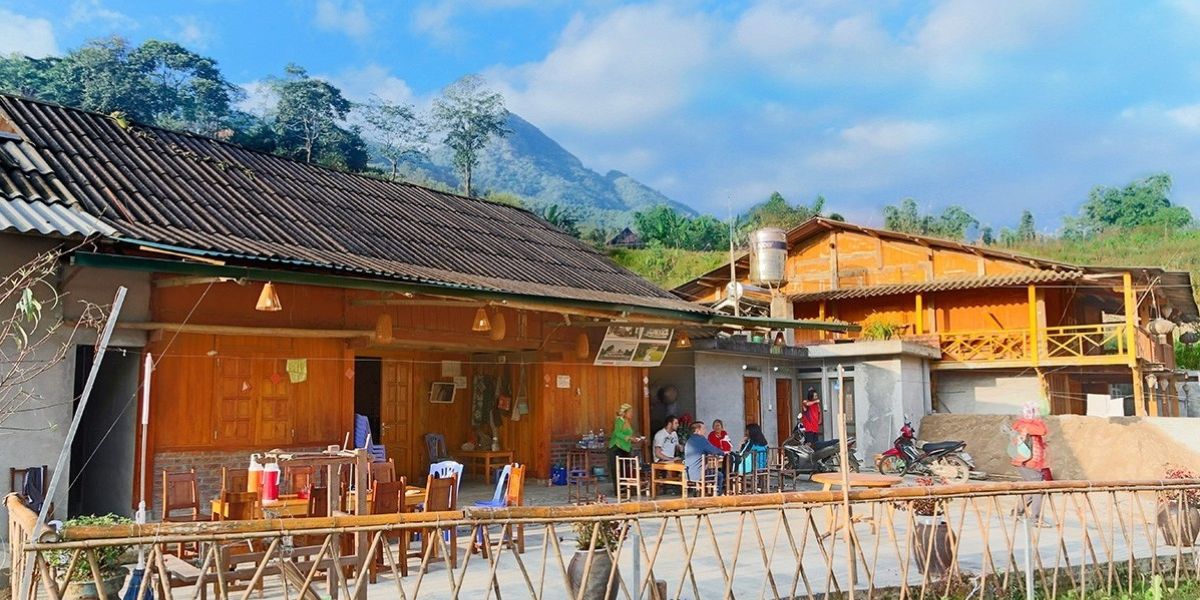
Staying in a homestay also supports sustainable tourism practices by directly benefiting the local community. Sharing meals, stories, and traditions with your host family enhances the cultural richness of your Sapa Vietnam trekking adventure.
Local Guides and Cultural Immersion
Engaging a local guide during your trekking Sapa Vietnam is a wise choice for those seeking a deeper cultural immersion. Local guides in Sapa trekking Vietnam not only navigate the trails with expertise but also share insights into the customs and traditions of the diverse ethnic communities inhabiting the region. Their stories add a layer of richness to the Sapa trekking tours Vietnam experience, creating meaningful connections with the local culture.
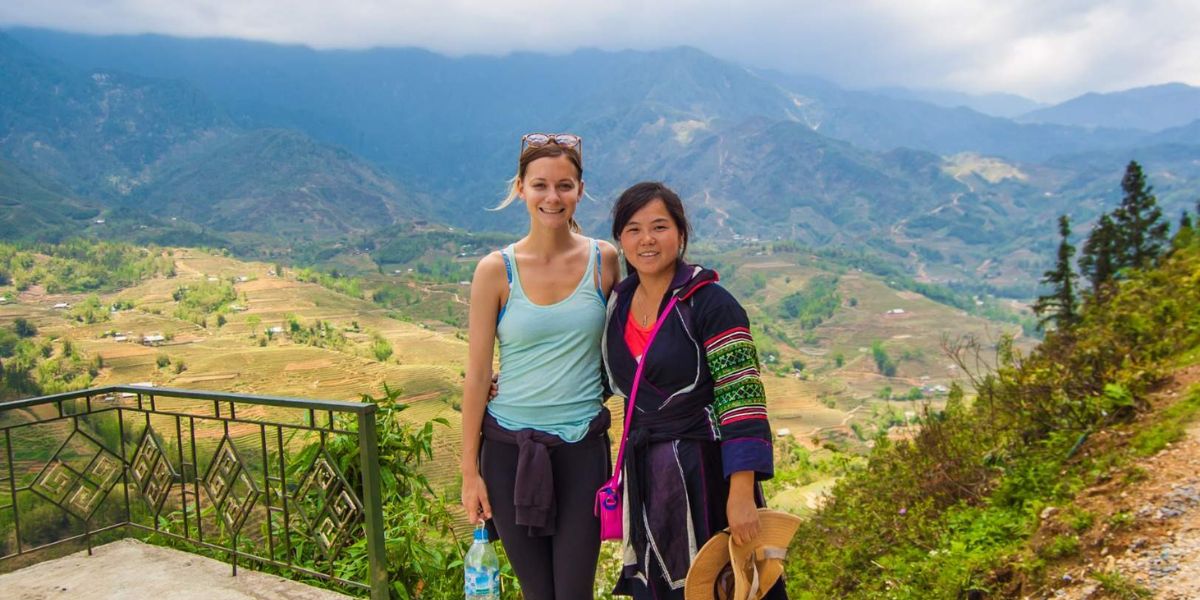
Additionally, interacting with locals allows for a more authentic and genuine experience, fostering mutual understanding and respect. This cultural exchange can lead to lasting memories and a greater appreciation for the unique heritage of Sapa.
Weather Considerations for Sapa Trekking
The weather in Sapa Vietnam is diverse and can change rapidly due to its mountainous terrain. Understanding the seasonal variations is crucial for planning a trek. While the summer months offer lush greenery, the winter in Sapa unveils the possibility of seeing Sapa snow covering the mountain peaks. The best time to visit Sapa for a trekking trip is during the dry season from October to April, when the weather is more stable and pleasant for outdoor activities. It is important to pack accordingly, with layers and waterproof gear, to be prepared for any weather changes during your trek.
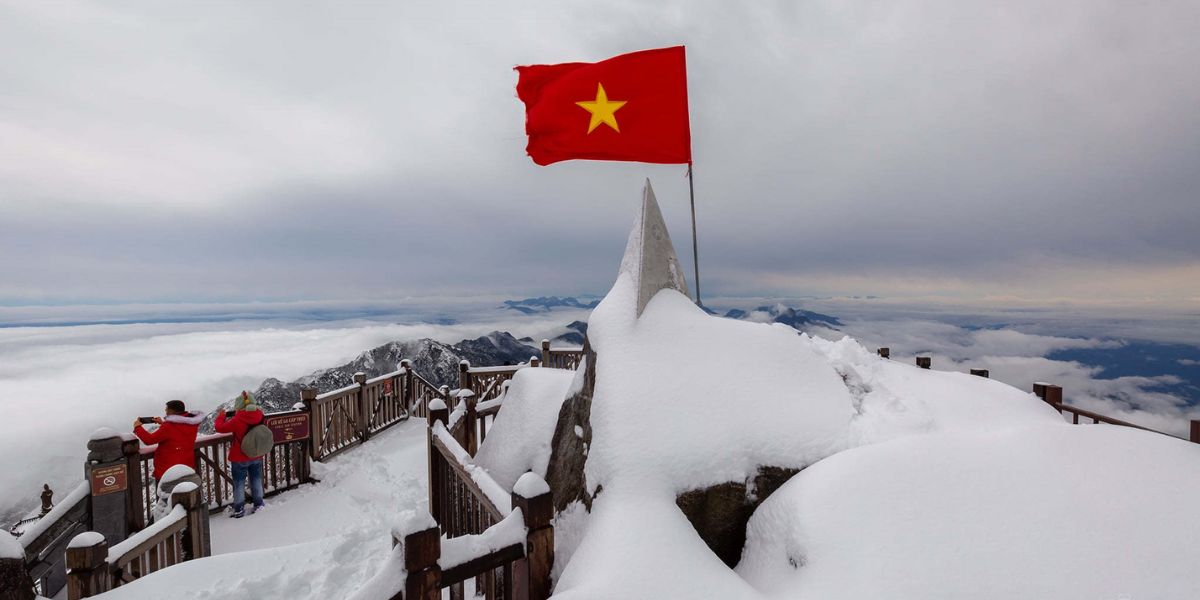
Additionally, being aware of the weather patterns can help optimize the overall experience and enjoyment of exploring this beautiful region. Preparing for varying temperatures and occasional rainfall ensures a comfortable and enjoyable Sapa trekking experience.
Sustainable Trekking Practices
As the popularity of Sapa trekking grows, so does the importance of sustainable practices. Trekkers can contribute to the preservation of Sapa’s natural beauty by minimizing environmental impact, respecting local cultures, and supporting eco-friendly initiatives. By following Leave No Trace principles, such as packing out all trash and staying on designated trails, trekkers can help protect the fragile ecosystem of Sapa.
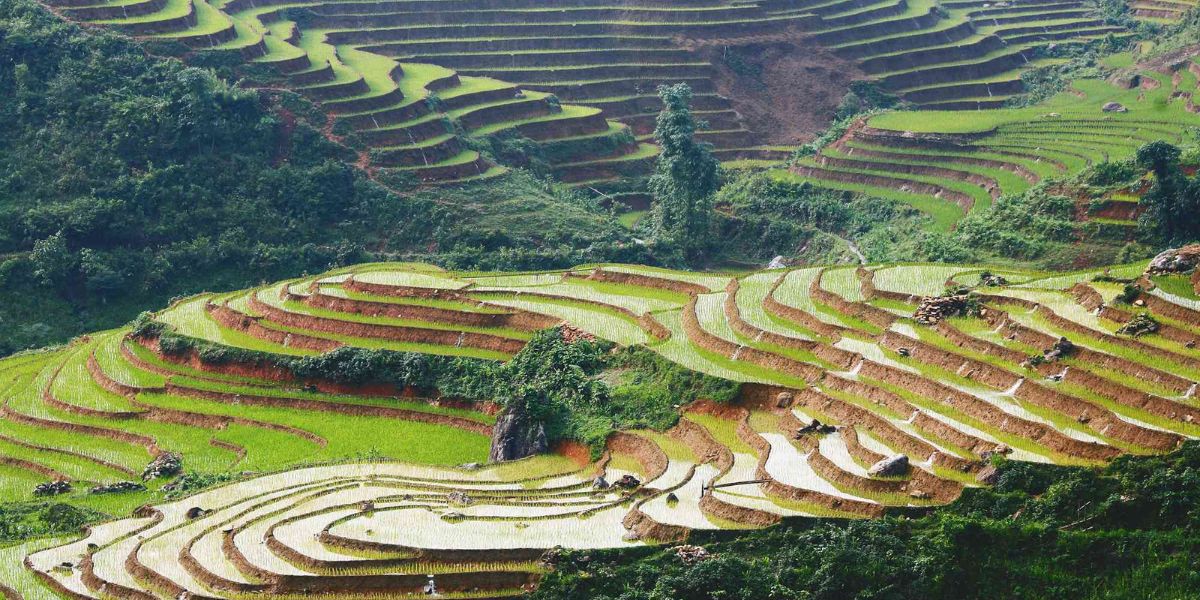
Additionally, supporting local guides and businesses that prioritize sustainability can ensure a positive impact on the community and environment. Opting for responsible trekking agencies and adhering to Leave No Trace principles ensures that future generations can continue to enjoy the pristine landscapes of Sapa.
Sapa trekking trails beckon adventurers to explore the hidden gems of Vietnam’s northern mountains. From choosing the right route and preparing for the journey to embracing homestay experiences and engaging local guides, Sapa trekking offers a tapestry of experiences. As you traverse the rice terraces, waterfalls, and cultural landscapes, remember the importance of sustainable trekking practices. Sapa is not just a destination; it’s an invitation to connect with nature, immerse yourself in diverse cultures, and leave a positive impact on this breathtaking corner of the world.
